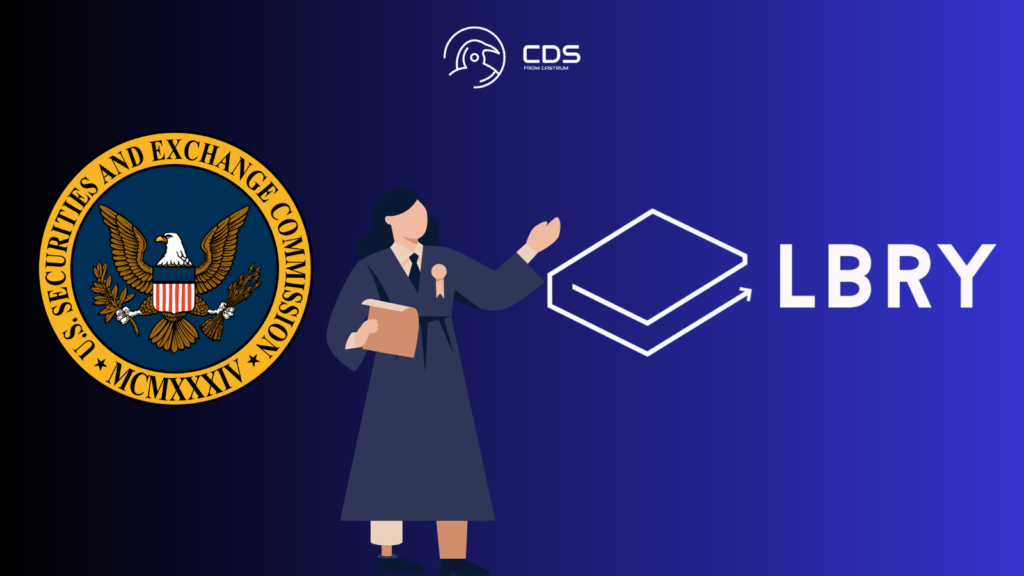US District Court Rules Against LBRY, Inc. in SEC Case, Signaling Implications for Ripple and Coinbase Legal Battles
In a significant development, the United States District Court for the District of New Hampshire has recently reached a final judgment in the case of Securities and Exchange Commission (SEC) vs. LBRY, Inc.
The court’s ruling holds LBRY, Inc. accountable for violating Section 5 of the Securities Act of 1933, thereby raising implications for the ongoing legal battles involving Ripple and Coinbase.
On November 7, 2022, the court granted the decision following the SEC’s Motion for Summary Judgment, which established LBRY’s violation of Section 5. Subsequently, the SEC pursued the entry of a Final Judgment, which has now been granted by the court.

According to the terms of the Final Judgment, LBRY, Inc. is permanently prohibited from violating Section 5 of the Securities Act and participating in any unregistered crypto asset securities offering, as outlined in Section 21(d)(5) of the Exchange Act.
While the LBRY case primarily focused on Section 5 violations, it did not specifically address secondary sales or the Major Questions Doctrine. This raises questions regarding the potential outcome of the ongoing litigation involving Ripple and Coinbase, both of which face similar allegations regarding the sale of XRP as an unregistered security.
Prominent figures in the XRP lawsuit, such as XRP Lawyer John Deaton and Ripple’s Chief Technology Officer, David Schwartz, have expressed their expectations for a summary judgment by Judge Torres in the Ripple case, anticipated to be delivered by September. Deaton has highlighted the SEC’s reference to the LBRY judge’s summary judgment opinion in the Coinbase case, arguing that the judge did not distinguish between direct sales from the issuer and secondary sales on exchanges.
The final judgment in the LBRY case establishes a precedent and draws attention to the legal battle involving the SEC, Ripple, and Coinbase, adding further complexity and anticipation to the outcomes of these cases.
















Leave a comment